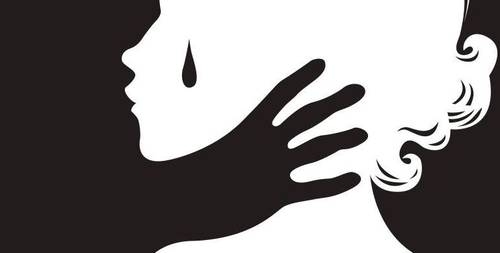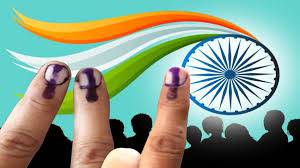According to philosopher Natalie Wynn, the trend we now know as "Cancel Culture" can be explained as the online shaming, vilifying, and ostracizing of prominent members of a community or industry by other members in the same circle. Unfortunately what started out as an unconventional strategy to hold powerful members of society, who were earlier immune to facing any consequences, accountable for their actions has in recent times become a ruthless entertainment spectacle.
Cancel culture, however, wasn't always viewed in this light. It used to be a movement that demanded real social change, one that effectively combatted sexism, racism, and several other kinds of problematic behavior. It gave the public the power to block and boycott individuals and corporations that had previously managed to slip away with questionable statements or actions.
On the surface, one might wonder how something as fundamental as holding prominent individuals accountable, could ever be problematic in the first place. The issue can be summarized in three words - Media Feeding Frenzy.
While cancel culture initially aimed to bring power to victims of abuse and serve justice to their abusers, it has gradually evolved to resemble a justice system that is greatly influenced by mob mentality, and fueled by insincerity, spite, and envy. The more judicial mentality of 'innocent until proven guilty' is rarely followed within the cancel culture mob, with a baseless accusation passing as enough proof. The specifics of an incident tend to be replaced with broader and more generic statements, which hide the context behind events or statements from the average observer.
The situation can easily escalate from simply criticizing an individual's actions, to making generalizations about their character, all based on a single isolated event. The masses involved in these incidents would like for everyone to believe that their excessive, unwarranted criticism, is coming from a place of moral integrity when in reality their concern is a mere facade. Cancel culture has no room for compassion or second chances, simply because educating an uninformed individual does not make for good entertainment. No apology will ever be sincere enough to win over the mob.
However, it would be ignorant to overlook all the good that has come out of such campaigns, especially from the #MeToo movement. Boycotting the work of prominent figures both in the entertainment industry and in our workplaces has kept powerful people in check and has set a standard for the generations to come. That being said, it is ultimately up to us, the public, to draw the line when it comes to what is acceptable and what is not.
It is up to us, to answer the hard-hitting questions: What is socially acceptable behavior? What actions or words are considered 'crossing the line'? Is it worth giving someone in the wrong a second chance? And most importantly "Who are we canceling this week?"





